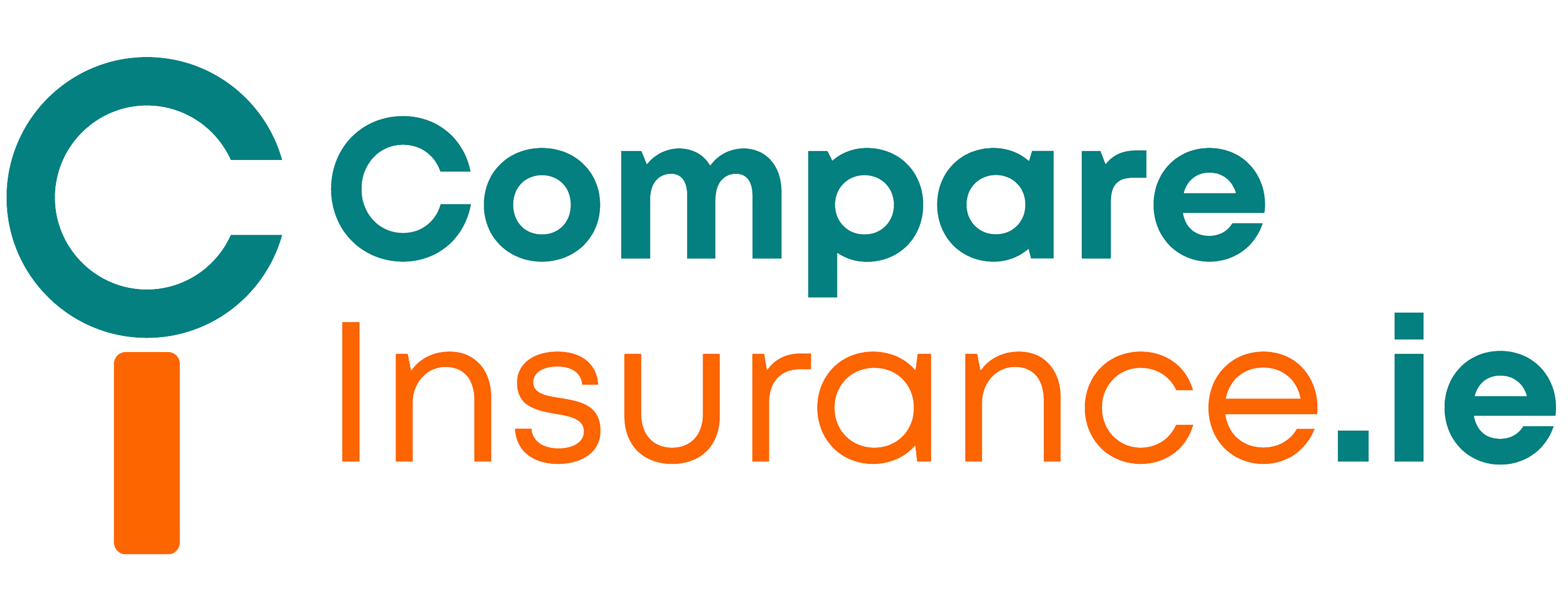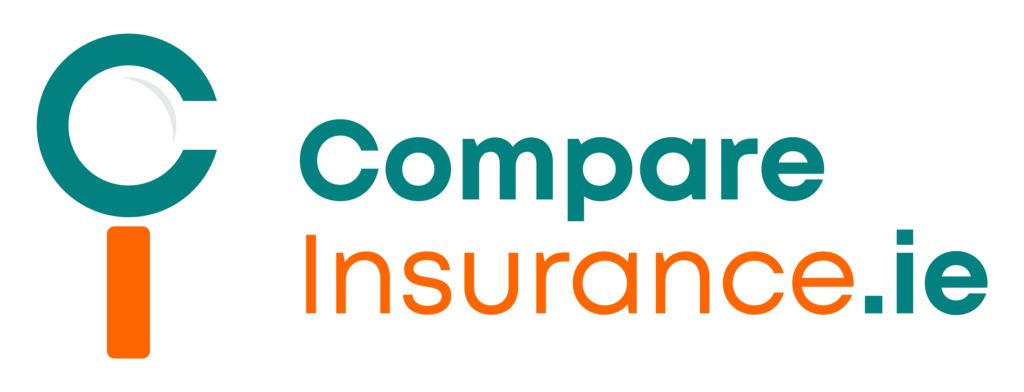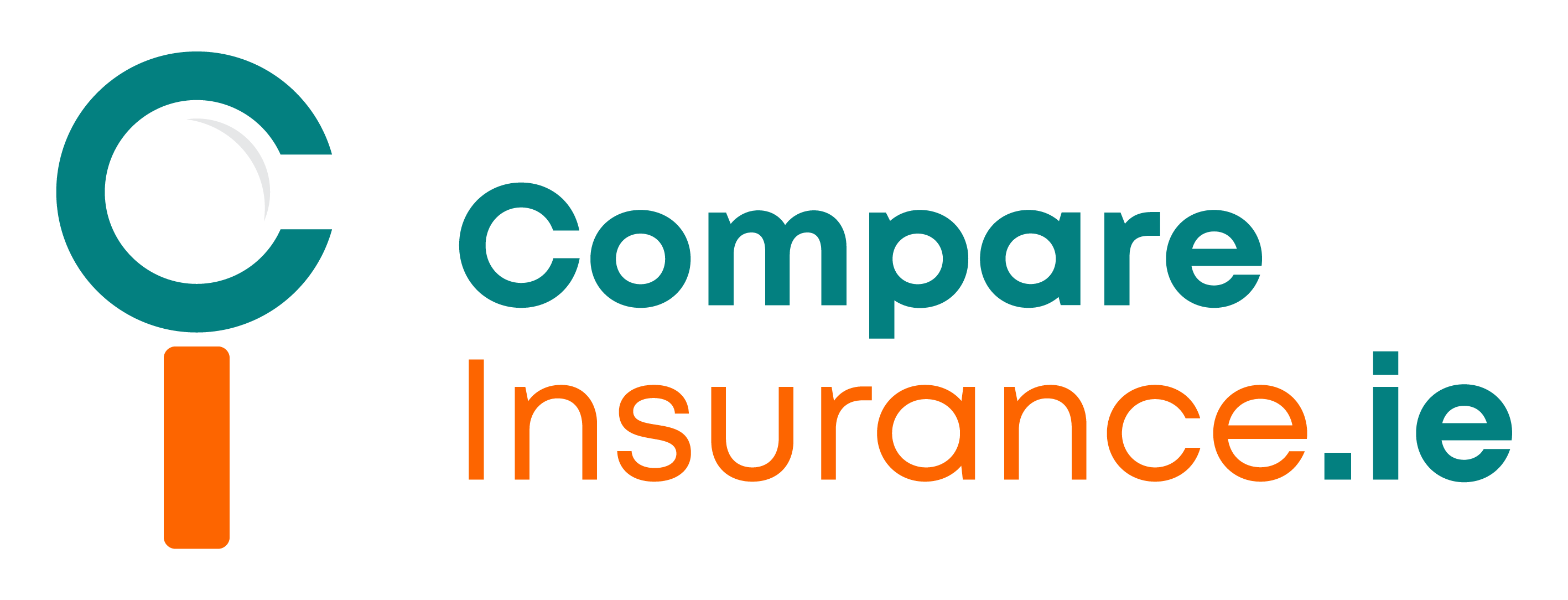If your earnings support your family or you support them as a stay at home parent, then you may be worried about how your family would cope should you die.
Life insurance provides an important safety net in the form of a lump sum for your loved ones and should form part of your financial planning. The financial protection provided will help them to pay essential bills, may pay off the mortgage, and will mean that they are provided for even if you are not around.
But in this time of increasing bills and expenses, you may be thinking about the cost versus the benefits of life insurance and wondering how to be sure that you are getting the best price for your life insurance, and how is the price is calculated.
Table of content
What affects the cost of life insurance?
When you get a quote for life insurance, you will typically give the insurer information about you that will determine the price you pay for life insurance.
Life insurance premiums are very individual and reflect several factors, so the range of different premiums reflect this. That being said, it’s really important that the life insurance you buy is tailored to your needs and situation.
The process of determining the price of life insurance for an individual policyholder is called underwriting and depends on the information you provide to your life insurer and what this tells them about the risk you represent to the insurer.
Individual factors are only part of the picture, however, as the type of life insurance you choose, as well as the amount of cover, will also affect the cost.
Factors that affect how much you pay for life insurance include:
How much can you expect to pay for life insurance?
Just as there are no two life insurance policies that are exactly the same given all of the factors that determine the price, there is no definitive answer to this question.
You will see life insurance advertised with monthly premiums as low as €10 or €15 but it is important to be aware that these prices will be for policies where there is, statistically, a really low risk of a claim being made on a policy with a low sum assured.
In reality, you can expect to pay a range of prices depending on the type of cover you require and it’s really important to bear in mind that the life insurance policy you choose needs to be tailored to you and your circumstances rather than a rock bottom price.
This is where working with an expert insurance advisor, such as Compare Insurance, comes in as they will be able to get you quotes for the right cover from all insurers that are specific to you and your needs and preferences at the best price.
Examples of life insurance quotes
Here are several examples of quotes for life insurance to give you an idea of how much you could expect to pay in certain scenarios.
How to get the best value life insurance
The best way to ensure that you are not paying too much for life insurance is to contact Compare Insurance today to get the best deals on life insurance to protect you and your loved ones.
Fill in our assessment to get online quotes from every life insurer on the Irish market, or get a call back from one of our qualified advisors to discuss your options and the cover you require and start saving money on your life insurance today.


